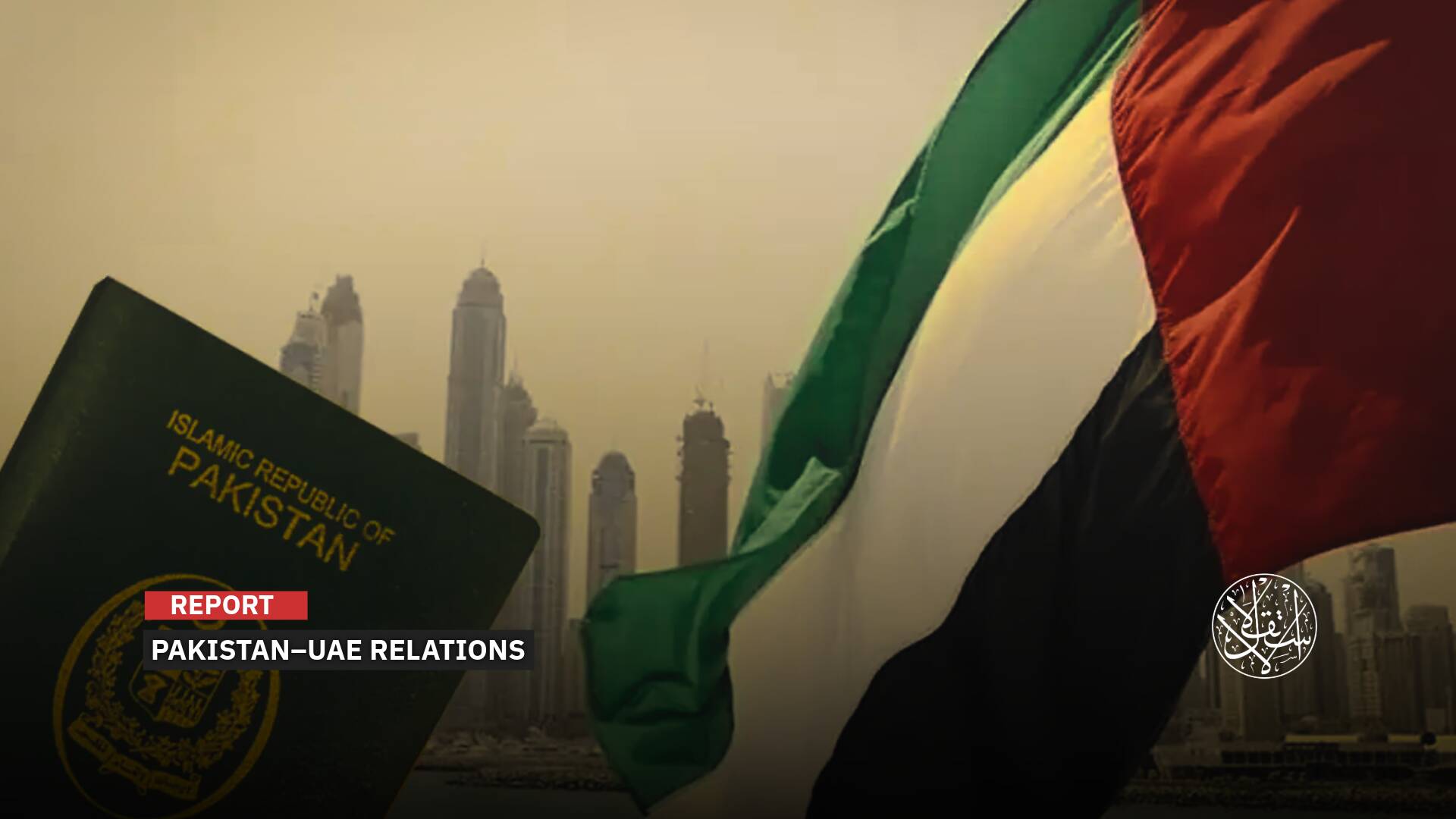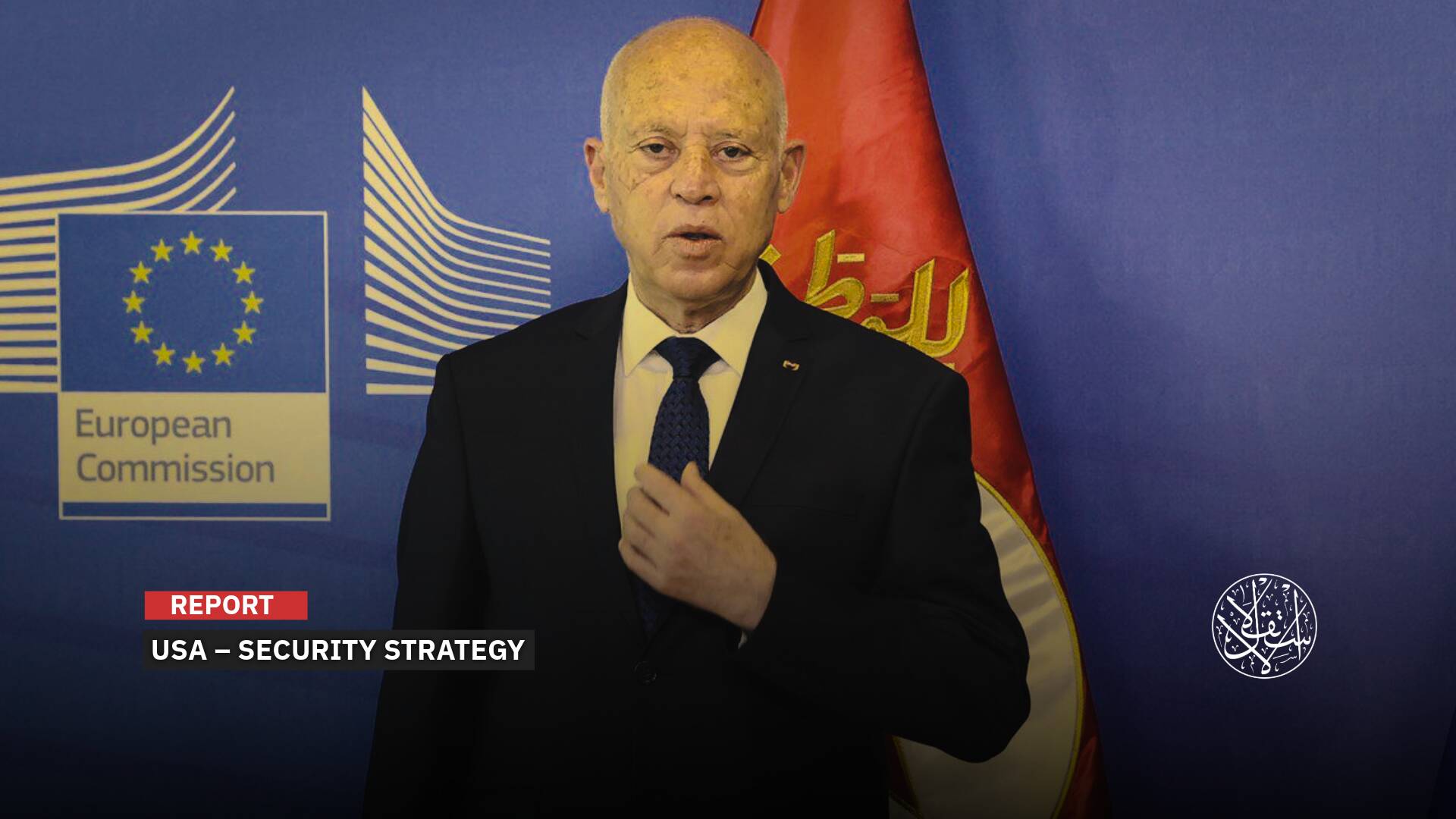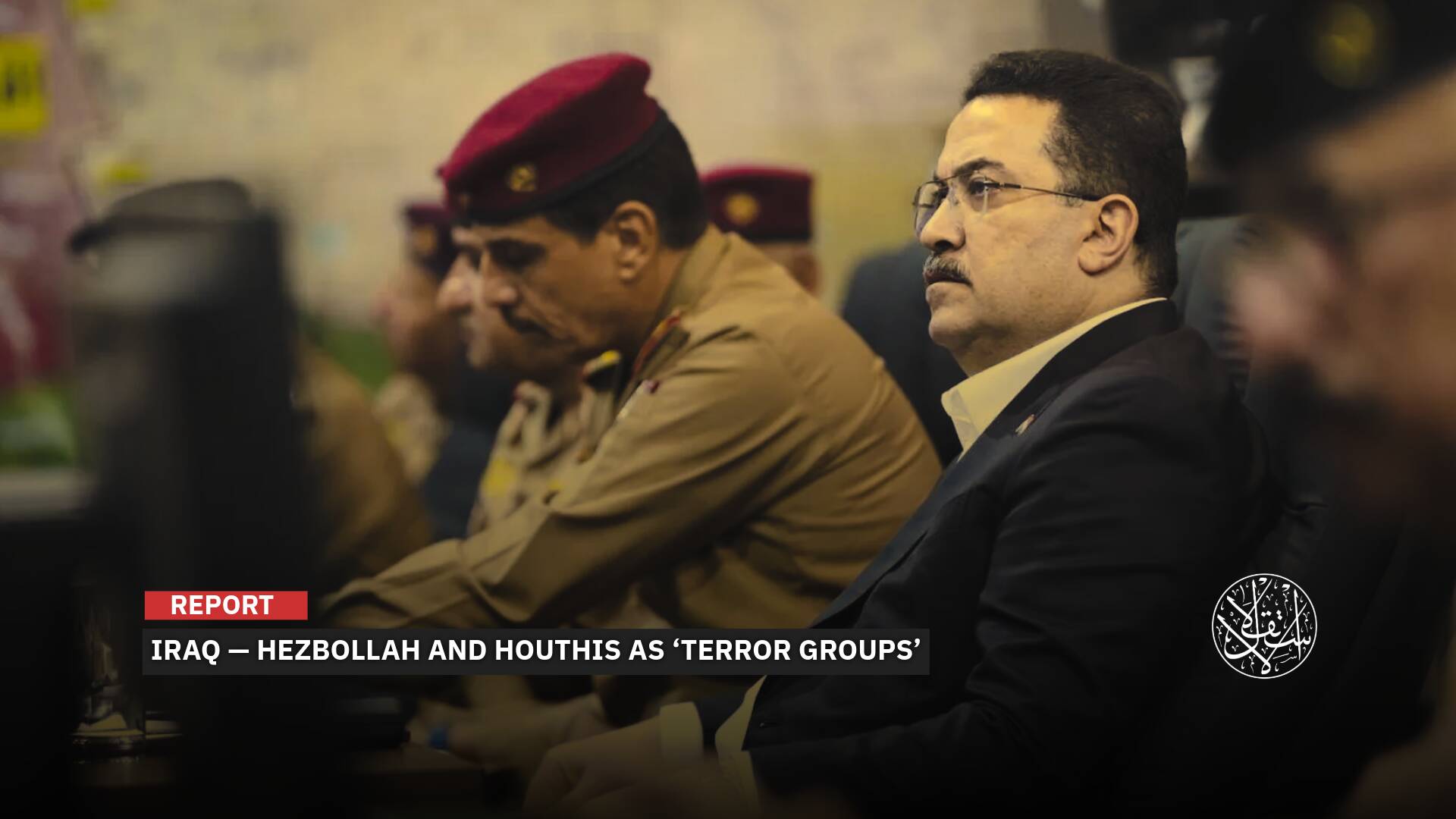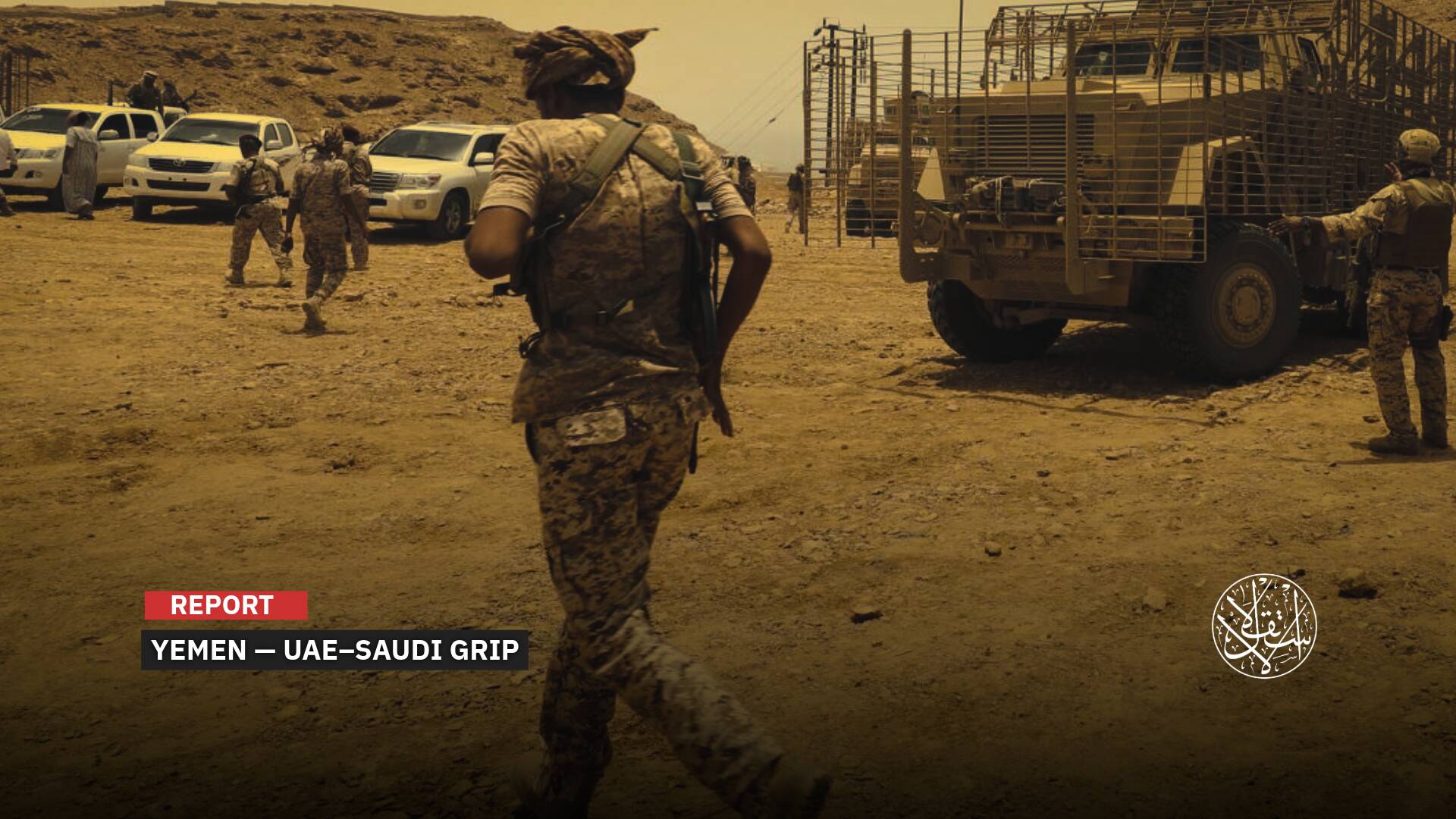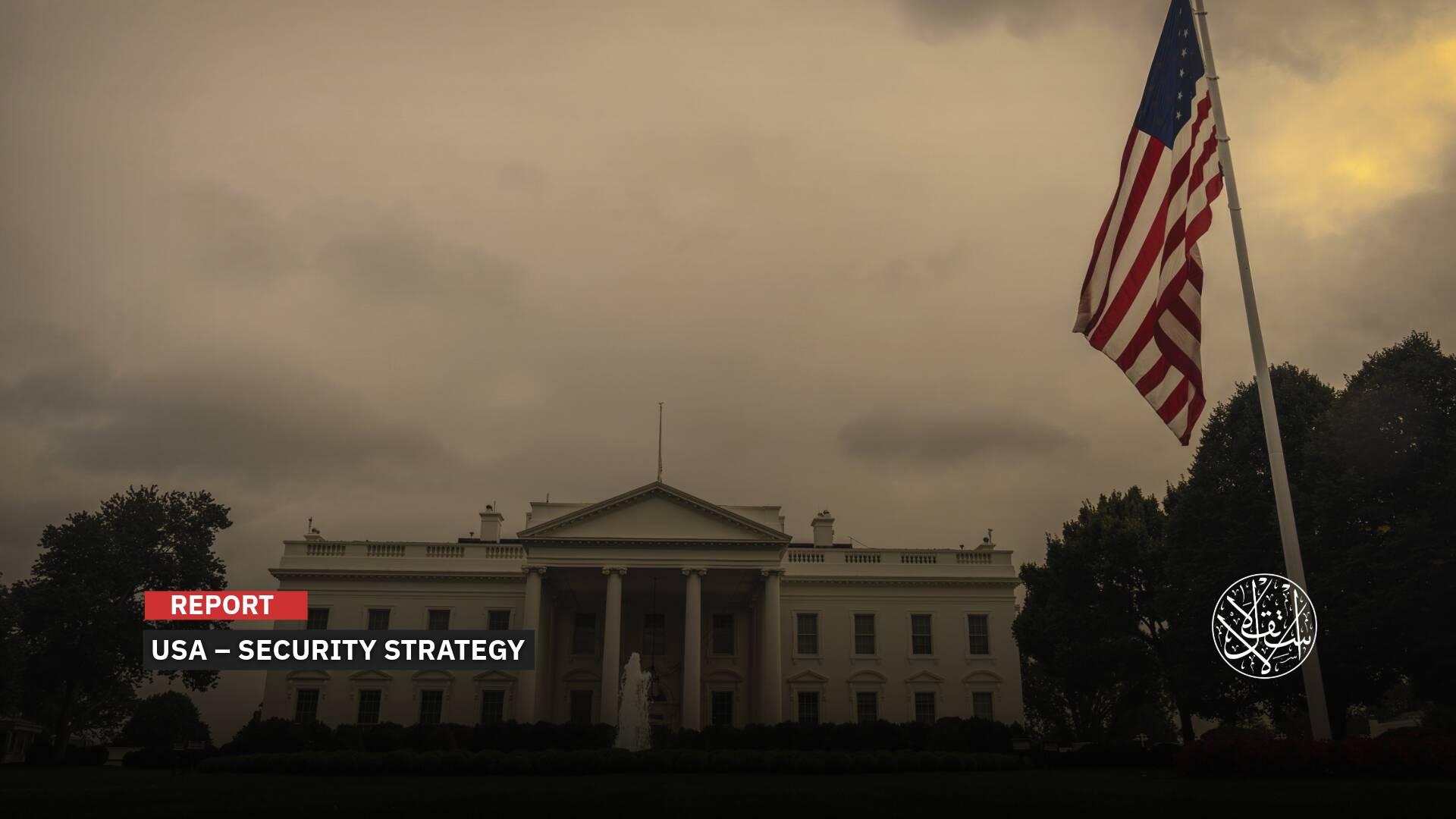After the Death of a Lebanese, How Does the Security System in the UAE Deal With Foreigners?

The UAE is witnessing an ongoing revelation of scandals involving severe violations against foreign residents, reaching the extent of torturing individuals to death within its prison system.
Attention has turned toward the UAE following the death of Lebanese citizen Ghazi Ezzeldin, 54, under torture on May 4, 2023. He was detained by the authorities in Abu Dhabi on March 22 of the same year.
The Death of a Lebanese
According to Amnesty International, on May 12, 2023, the Emirati authorities remained in contact with the deceased's son and requested his presence to identify his father's body, but they only allowed him to see his face.
The Abu Dhabi authorities refused to hand over Ghazi's body to his family for burial in Beirut.
Instead, they proceeded to bury him in Dubai in the presence of his detained son and brothers, who were later released but barred from leaving the country, according to the organization mentioned above.
Remarkably, Abu Dhabi did not inform the family of the businessman Ezzeldin's death until five days after his passing. He had been residing in the UAE for over 30 years.
Sima Watling, the UAE researcher at Amnesty International, said that it appears that the Emirati authorities are attempting to conceal the true cause of death and cover up the case.

Sima Walting finds it extremely alarming that the authorities allowed Ghazi's son to identify him by only showing his face and refused to hand over the body to the family for repatriation and burial in Lebanon, instead burying him in Dubai and demanding that the family remain silent about the matter.
Walting called on the UAE authorities to release the other detainees unless there is evidence of their involvement in a crime, in accordance with international law, and ensure their access to legal representation, contact with their families, and also to provide the necessary medical care.
Walting pointed out that the UAE has a record of arbitrary arrests, which have previously resulted in unfair trials and lengthy prison sentences.
Lebanese newspaper Al-Akhbar noted on May 12, 2023, that Ghazi Ezzeldin hailed from the southern Lebanese town of Barish, adding that his burial procedures in Dubai took place at 10 p.m., which suggests the hypothesis that he was subjected to torture during the investigation, leading to his death."
The newspaper clarified that when the National Security Agency in Dubai raided their homes and took them for questioning on the pretext of suspected involvement in a security operation, it is worth noting that the three brothers run a transaction office, and none of them has a criminal record in the UAE, where they have been residing with their families for about 30 years.
Al-Akhbar also highlighted that the deceased, his two brothers, and others who were detained by Abu Dhabi's security were forced to remain silent due to intimidation they had experienced during the past period, and the implicit threat that informing the media or spreading the news could endanger the detainees.
Arbitrary Detention
The newspaper mentioned that there are eight convicts, some of whom have been sentenced to life imprisonment in the UAE, stating that the detainees' case started in 2013.
The deportation based on security suspicions began in 2009, with dozens of Lebanese being deported without prior notice before the situation recurred in 2015.
In recent years, the UAE has arrested several Lebanese, the overwhelming majority of whom are from the Shia community, accusing them of dealing with Hezbollah, which is classified as a "terrorist" organization by other Gulf countries.
Following Ghazi Ezzeldin's death, the Euro-Mediterranean Human Rights Monitor, headquartered in Geneva, Switzerland, called on Abu Dhabi to clarify the circumstances of his death.
In a statement, they urged the immediate and unconditional release of all arbitrarily detained individuals in its prisons, to stop unlawfully pursuing individuals, and to respect their rights to freedom of opinion, expression, movement, and travel.
In May 2019, a UAE court sentenced a Lebanese national to life imprisonment and others to 10 years in prison after convicting them of planning attacks in favor of Hezbollah.
Previously, Lebanese doctor Richard Hayek was released after more than a month of detention in Abu Dhabi for posting tweets that the Emirati authorities deemed defamatory, allowing him to return to his home country in late April 2022.
The General Security of Lebanon also facilitated the release of eight Lebanese detainees in Abu Dhabi in January 2021 after months of detention in the Gulf state on charges of dealing with Hezbollah.
Examples of Arrests
The United Arab Emirates has a wide record of arresting Arab citizens under various charges, whether for belonging to specific organizations or for unknown reasons, especially after the outbreak of the Arab Spring revolutions, which Abu Dhabi viewed with suspicion and indirectly fought against.
After 2013, a number of Syrian residents in the UAE were subjected to house raids by security forces and arrested in a humiliating manner without publicly stating the charges against them or conducting fair trials.
Some of these individuals spent about three and a half years in UAE prisons before being deported to a destination of their choosing.
These individuals continue to suffer from illnesses they acquired during their harsh detention period, as well as enduring psychological trauma that has lasted for years, without being able to file lawsuits against Abu Dhabi or obtain compensation or fair trials.
At the time, the investigations revolved, according to a former detainee interviewed by Al-Estiklal newspaper, around the reasons for collecting financial sums and sending them to support the Syrian revolution and providing some organizations and activists with cameras and mobile and tablet devices.
In November 2012, the UAE authorities arrested 11 Egyptians, including doctors, engineers, and a journalist. At that time, an Emirati newspaper indicated that the detainees belonged to the Muslim Brotherhood group and were arrested on security grounds.
In a case that sparked widespread reactions, the Egyptian Sherif Othman was arrested by Emirati security forces while he was visiting his family in the UAE. He was apprehended by plainclothes forces inside a restaurant in Dubai on November 6, 2022.

At that time, no arrest warrant was presented or explained to him or his shocked family, and he was taken in a car without any markings.
Emirati officials informed his lawyer a month later that they acted in response to a request from the Egyptian regime.
In response to this, Amnesty International called on the UAE in a report published in December 2022 not to forcibly return the Egyptian-American political dissident Sherif Othman to Egypt.
The organization stated that he faces the risk of torture and other human rights violations, including arbitrary detention, enforced disappearance, and unfair trial.
The Deputy Director of the Middle East and North Africa Regional Office at Amnesty International, Amna Guellali, said that Sherif's family vacation to the UAE turned into a nightmare after his arbitrary arrest while having a meal with his family.
Poor Prison Conditions
Al-Razeen prison, located in the UAE, was classified by the International Center for Prison Studies in its 2020 report as one of the ten worst prisons with a notorious reputation worldwide.
Another aspect of the UAE's prison hell is evident in al-Wathba prison, located 40 kilometers east of Abu Dhabi. This prison, which was opened in 1982, according to Amnesty International's 2020 report, is a hub of severe violations.
These include harsh treatment of prisoners, collective punishments, horrific torture, medical neglect of patients, lack of suitable living conditions such as water, and extremely high and unbearable temperatures.

In late August 2018, activists and human rights defenders organized a protest in the heart of London, calling for an end to the mistreatment of female prisoners in the UAE.
The protest was organized by the International Campaign for Freedom in the UAE (ICFUAE) in response to recent testimonies from female prisoners in the UAE, which revealed brutal torture practices.
Former female detainees, including Emiratis and foreigners, shared their testimonies about the violations they endured behind bars, demanding an investigation into UAE prisons and a comprehensive international inquiry to uncover the hidden truths.
International human rights organizations had previously reported in July 2018 that "systematic torture" and "arbitrary arrests" continued in the UAE. This was discussed during a seminar at the United Nations Office in Geneva, focusing on human rights issues in the UAE.
According to a report by Human Rights Watch published on June 22, 2021, hundreds of activists, academics, and lawyers are serving lengthy prison sentences in the UAE after trials that often lack fairness and are based on vague and loosely defined charges.
Sources
- International organizations are calling for an independent investigation into the assassination of Ezzeldin: The UAE is looking into the crime [Arabic]
- UAE detainees die under torture [Arabic]
- UAE: Stop plans to deport an Egyptian-American dissident to Egypt, where he faces the risk of torture [Arabic]
- A detainee in UAE prisons reveals that she was tortured [Arabic]




